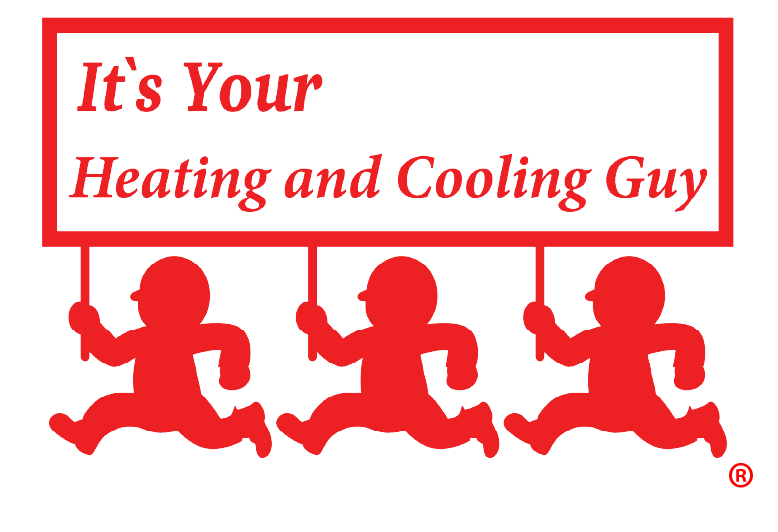Maximizing Energy Efficiency Throughout the Year
In today’s world, where energy conservation is increasingly important, maximizing the energy efficiency of your home’s heating and cooling systems is not only environmentally responsible but also financially savvy. By implementing a few simple strategies, you can reduce your energy consumption, lower your utility bills, and create a more comfortable living environment for you and your family.
- Invest in High-Efficiency Equipment: When it comes to heating and cooling your home, investing in energy-efficient equipment can make a significant difference in your energy consumption. Look for HVAC systems that have high Seasonal Energy Efficiency Ratio (SEER) ratings for air conditioners and Annual Fuel Utilization Efficiency (AFUE) ratings for furnaces. Additionally, consider upgrading to ENERGY STAR-certified appliances, which meet strict energy efficiency guidelines set by the U.S. Environmental Protection Agency (EPA).
- Seal and Insulate Your Home: Proper insulation and air sealing are essential for maintaining a comfortable indoor temperature and reducing energy waste. Insulate your attic, walls, and floors to prevent heat loss in the winter and heat gain in the summer. Seal air leaks around windows, doors, and ductwork to minimize drafts and ensure that conditioned air stays inside your home.
- Programmable Thermostat: Installing a programmable thermostat allows you to automate your heating and cooling schedule according to your daily routine. By programming your thermostat to adjust the temperature when you’re away from home or asleep, you can save energy without sacrificing comfort. Some thermostats even have smart features that learn your preferences and adjust settings accordingly.
- Regular Maintenance: Keeping your HVAC system well-maintained is essential for optimal performance and energy efficiency. Schedule annual tune-ups with a qualified technician to inspect, clean, and tune your heating and cooling equipment. Replace air filters regularly to ensure proper airflow and prevent dust and debris from clogging the system.
- Use Ceiling Fans: Ceiling fans are an energy-efficient way to improve air circulation and distribute conditioned air throughout your home. In the summer, set your ceiling fans to rotate counterclockwise to create a cooling breeze. In the winter, reverse the direction of your fans to circulate warm air trapped near the ceiling downward.
- Upgrade to Energy-Efficient Windows: Energy-efficient windows with low-emissivity (low-E) coatings and insulated frames can help reduce heat transfer and improve the overall efficiency of your home. Consider upgrading old or drafty windows to ENERGY STAR-certified models to enhance insulation and maximize energy savings.
- Utilize Natural Ventilation: Take advantage of natural ventilation by opening windows and doors on mild days to allow fresh air to circulate throughout your home. This can help reduce the need for mechanical cooling and improve indoor air quality.
- Install Energy-Efficient Lighting: Replace traditional incandescent light bulbs with energy-efficient LED or CFL bulbs to reduce electricity consumption and lower your utility bills. LED bulbs use significantly less energy and last longer than incandescent bulbs, making them a cost-effective lighting solution for your home.
- Shade Your Home: Strategic landscaping and window treatments can help shade your home from the sun’s heat, reducing the need for air conditioning. Planting trees or installing awnings and exterior shades can block direct sunlight and keep your home cooler during the summer months.
- Practice Energy-Saving Habits: Simple lifestyle changes such as turning off lights when not in use, unplugging electronics, and using energy-efficient appliances can add up to significant energy savings over time. Encourage your family members to be mindful of their energy consumption and adopt energy-saving habits to reduce your environmental impact.
In conclusion, maximizing energy efficiency in your home’s heating and cooling systems is achievable with the right strategies and investments. By following these tips, you can lower your energy bills, reduce your carbon footprint, and create a more comfortable and sustainable living environment for you and your family.



Recent Comments